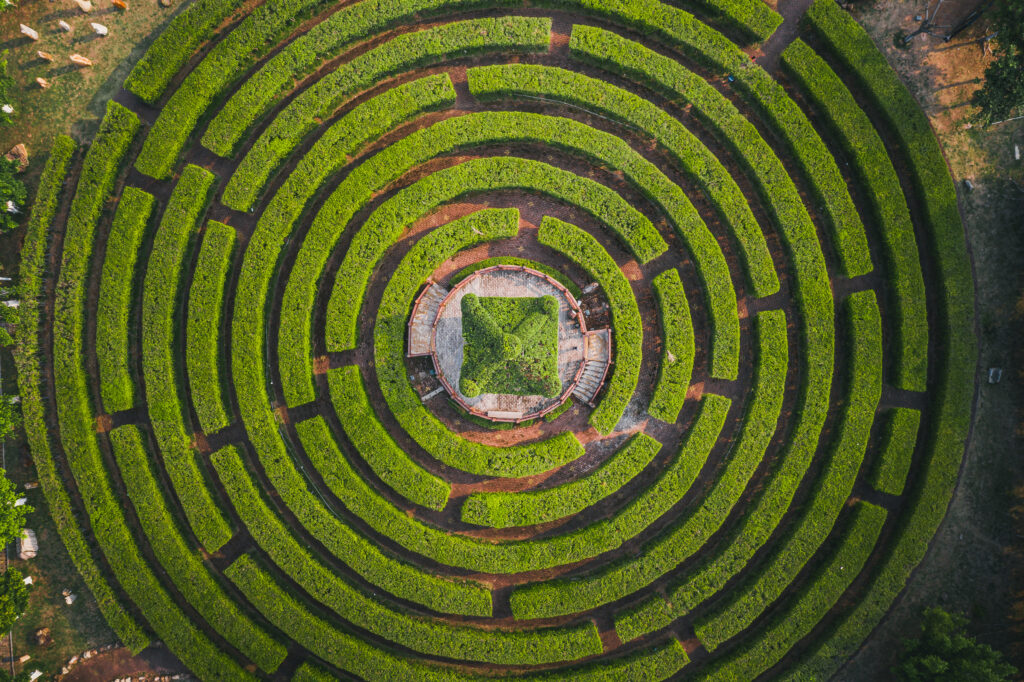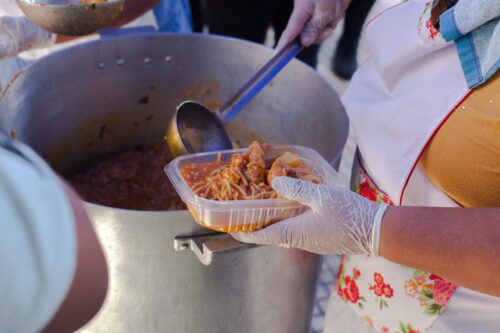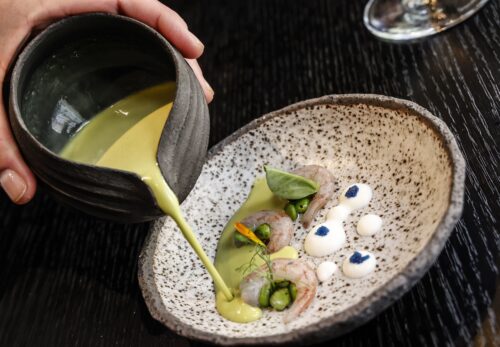Best of SAPIENS 2022

Nearly 4 million readers came to SAPIENS this year to expand their worlds by exploring everything human. The stories they explored ranged from what biological science says about a sex binary to the refugee crisis that has followed from Russia’s war on Ukraine to how humans collected fossils and made meaning of them in ancient times. The editorial team’s annual effort to pick its top 10 list is as fun as it is difficult. We share some of our favorites with you, in chronological order.
—The SAPIENS Editorial Team
GIDEON LASCO
How Filipino Sailors—and Coconuts—Helped Create Mexico’s National Drink
Most people see tequila and mezcal as quintessentially Mexican spirits—but recent research has uncovered their unlikely connection with the Philippines.
HOLLY WALTERS
#MeToo Anthropology and the Case Against Harvard
When anthropologist John Comaroff at Harvard University was put on unpaid leave for allegations of sexual misconduct, a network of colleagues rallied to support him—revealing how entrenched systems in academia often allow sexual violence and other power-based abuse to continue.
HANNAH SEO
One anthropologist has made it her mission to remove racial prejudices from the study of hair and find the evolutionary roots of hair diversity.
APRIL ZHU
What Kenya’s Killer Cops Reveal About Police Culture
Anthropologists studying police violence in Nairobi are uncovering systemic problems that shed light on brutal law enforcement tactics around the world.
JASON VASSER-ELONG
Maize and Okra (poem)
A poet-anthropologist recollects when Muscogee (Creek) people offered his formerly enslaved ancestors refuge, extending the bonds of kinship.
DEIDRE H. CRUMBLEY
How a Coerced Confession Shaped a Family History
A researcher delves into her family’s oral history and local archives to tell the story of a relative—falsely accused as a boy of a crime in Jim Crow–era South Carolina.
BRUCE HARDY
Experts continue to debate whether Neanderthals were painters and jewelry-makers. A paleoanthropologist explores the evidence for Neanderthal art and the sources of people’s skepticism.
BRIANNA MUIR
An Archaeology of Personhood and Abortion
Opinions about fetal personhood and abortion have fluctuated enormously throughout history and differ in surprising ways between cultures.
CHARLOTTE WILLIAMS
An archaeologist navigates her dad’s passing by using the methods of her discipline to preserve his office and gain insight into the mysteries of his personality.
ADAM T. SMITH, LORI KHATCHADOURIAN, IAN LINDSAY, AND HUSIK GHULYAN
Heritage Forensics Is Tackling Devastating New Forms of Cultural Erasure
In the Caucasus, researchers are using aerospace technology to expose the clandestine obliteration of Armenian cultural heritage. These new methods of archaeology will prove necessary in the global fight against authoritarianism.
























